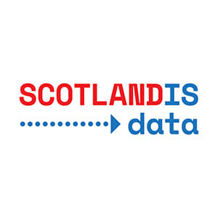Read this month’s blog from our Head of Data, David Ferguson, as he considers that the increasing ability to capture data could make us data hoarders.
Generating maximum benefit from data is driven by the relevance of the data being collected and analysed.
Understanding the right data to collect and the correct associated data with which it can be correlated plays a major role in the accuracy and validity of output. Defining the essential from the non-essential can help to ensure a dataset is more focussed and in doing so reduce levels of non- essential data being retained.
As the ability to capture data increases along side the benefits which can be achieved through analytics, is there a risk of becoming data hoarders driven by the possibility that greater data volumes may unearth a value in the future?
Having an overview of what is happening within individual sectors and across data in general may offer opportunities through networking and collaboration for focussed datasets to be augmented by the sharing or trading of specific additional datasets. There are, however, issues around the identification and classification of commercial and non-commercial data and the reticence to share data which may potentially have commercial value.
Of particular interest in the consumer market is the development of “provide once” data collection processes which improve the consumer experience but do not necessarily lead to a reduction in the duplication of data across multiple datasets. Whilst improving efficiencies, there is a risk that it does potentially reduce consumer visibility of application. Perhaps as we see the development of individual ownership of data this may change the proliferation of certain datasets and the ways in which the data is accessed and shared.

